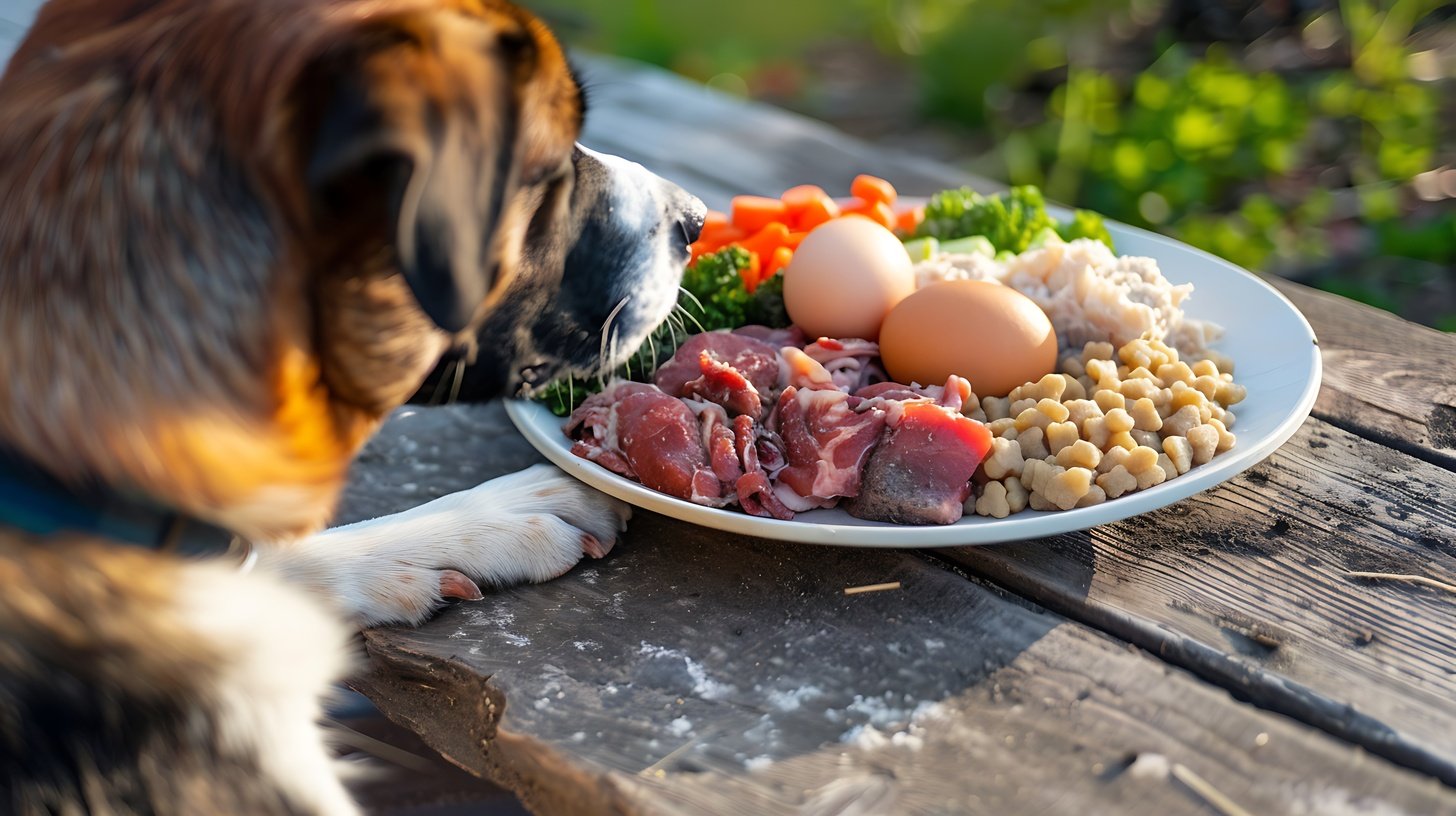Ways To Ensure Your Dog’s Diet Remains Nutritious

Ensuring your dog enjoys a healthy diet is crucial for its overall well-being. A nutritious diet supports your dog’s energy levels, maintains its coat’s shine, and keeps its immune system strong. The following passage will help you understand the essentials of a healthy dog diet, especially focusing on the needs of picky eaters.
Understanding Dog Nutrition
Dogs, much like humans, require a balanced mix of proteins, carbohydrates, fats, vitamins, minerals, and water to ensure they function at their best. Each nutrient plays a pivotal role:
- Proteins are essential for muscle repair and growth.
- Carbohydrates provide energy.
- Fats are crucial for energy, and they also aid in absorbing vitamins.
- Vitamins and minerals are important for preventing disease and maintaining overall health.
- Water is essential to keep your dog hydrated and assist in digestion and nutrient absorption.
Choosing the Right Food
Insofar as feeding your dog is concerned, the sheer number of options can be overwhelming. Here are some tips to help you choose the best food:
1. Read the Ingredients List
Look for food where the first ingredient listed is a source of high-quality protein (like chicken, beef, or fish). Avoid foods with excessive filler materials such as corn, wheat, and soy, which add little nutritional value.
2. Consider Life Stage and Activity Level
Puppies, adult dogs, and senior dogs have different nutritional needs. Similarly, a highly active dog will require a different calorie intake compared to a more sedentary one. Select a dog food that matches your pet’s life stage and activity level.
3. Special Diet for Picky Eaters
For picky eaters, palatability is key. Dry dog food for picky eaters from a company like Nextrition, often includes enhanced flavor profiles to appeal more to dogs. Look for versions that contain real meat, fruits, and vegetables, as these can both entice your dog and provide necessary nutrients.
The Role of Fresh Food
Incorporating some fresh foods into your dog’s diet can provide variety and additional nutrients. Here are a few safe and healthy choices:
- Cooked lean meats (without seasoning).
- Carrots, green beans, and apples (in moderation and properly sized to prevent choking).
- Plain pumpkin (a good source of fiber).
Always avoid foods that are toxic to dogs, such as onions, chocolate, and grapes.
Portion Control and Feeding Schedule
Feed your dog at regular times each day to help regulate their digestion and energy levels. The amount you feed will depend on your dog’s size, age, and activity level. Overfeeding can lead to obesity, which brings a host of health problems, so be mindful of portion sizes.
The Importance of Water
Always have fresh water available for your dog. Change it daily to ensure it’s clean and free from debris. A good rule of thumb is to provide at least one ounce of water for each pound your dog weighs, per day.
Supplements: Are They Necessary?
In most cases, a well-balanced diet will provide all the necessary nutrients your dog needs. However, some dogs might require supplements because of health issues or dietary deficiencies. Consult with a veterinarian before starting any new supplement regimen.
Regular Veterinary Check-ups
Regular check-ups with a veterinarian can help catch any dietary issues before they become serious problems. They can also provide personalized advice based on your dog’s health needs.
Conclusion
Feeding your dog a nutritious diet doesn’t have to be complicated. Understanding the basics of dog nutrition, selecting the right food, and incorporating healthy fresh ingredients will allow you to satisfy even the pickiest eater. Remember, a healthy diet is a cornerstone of a long, happy life for your furry friend.


